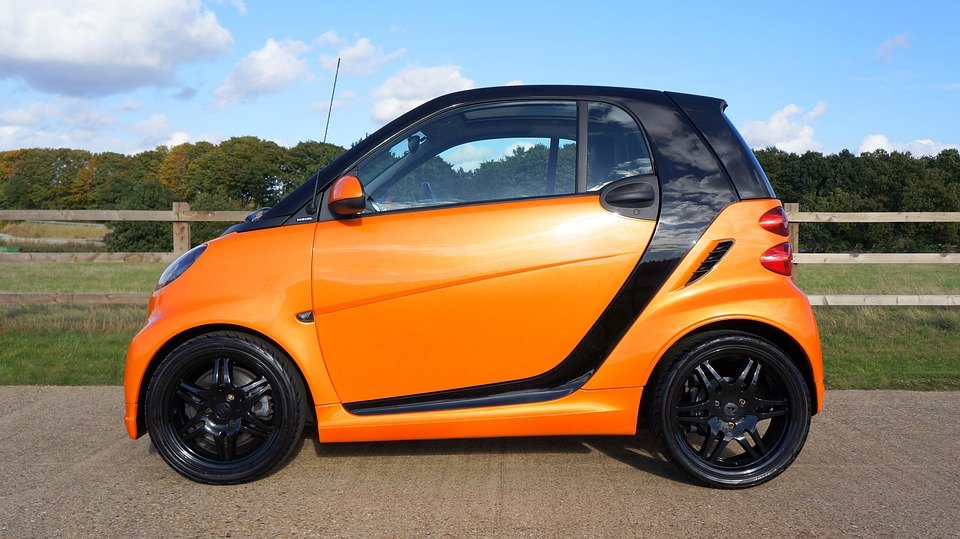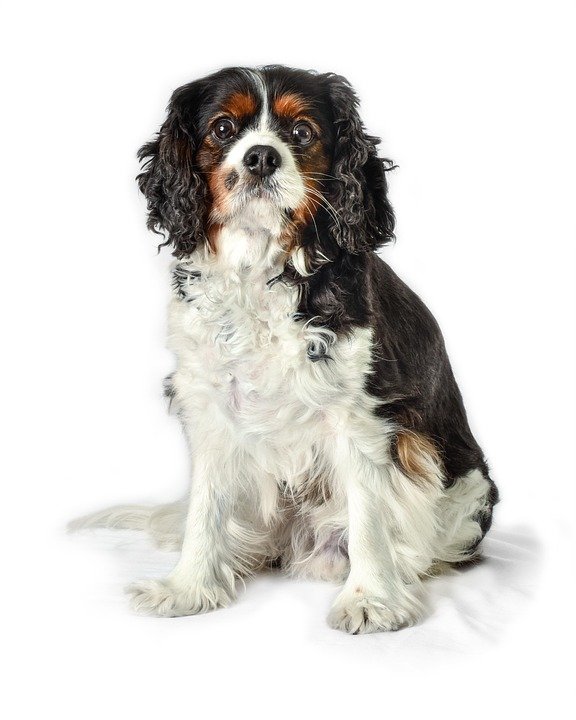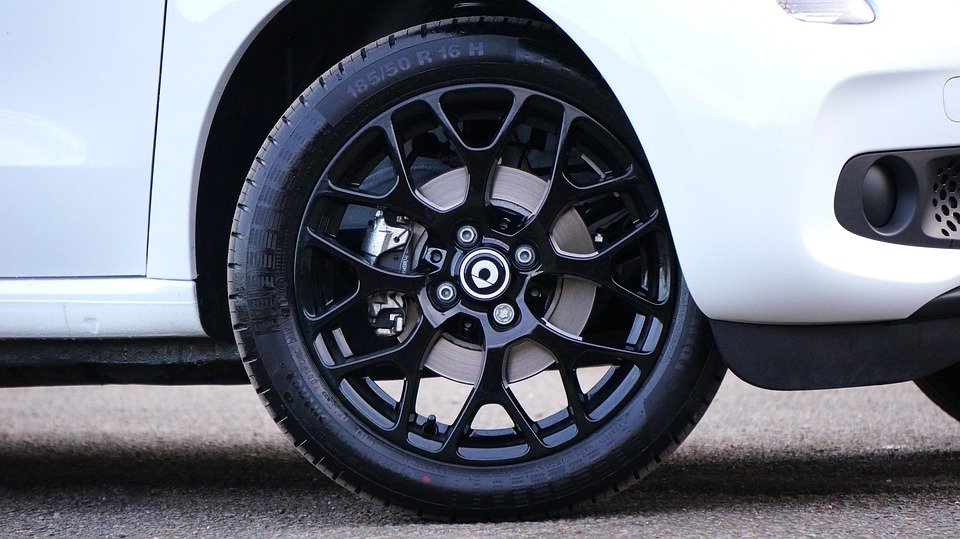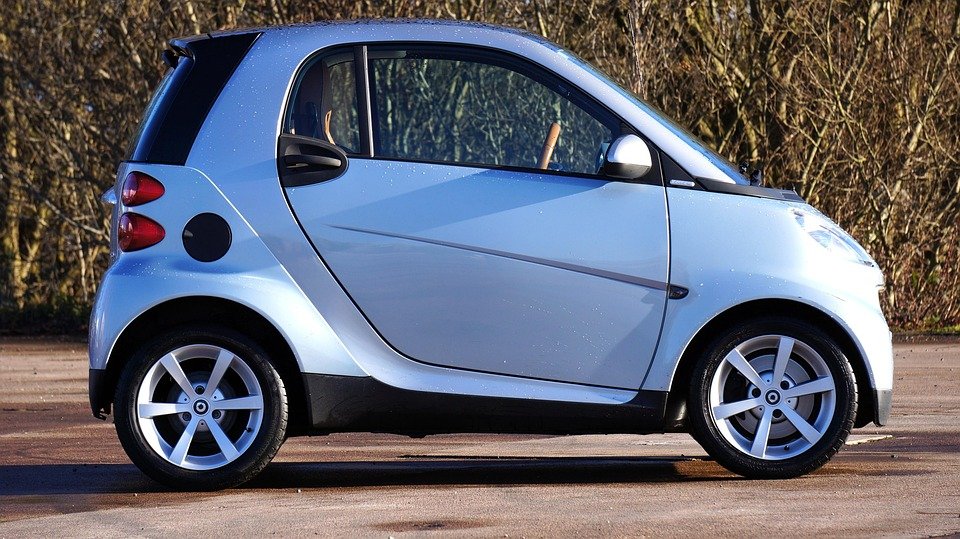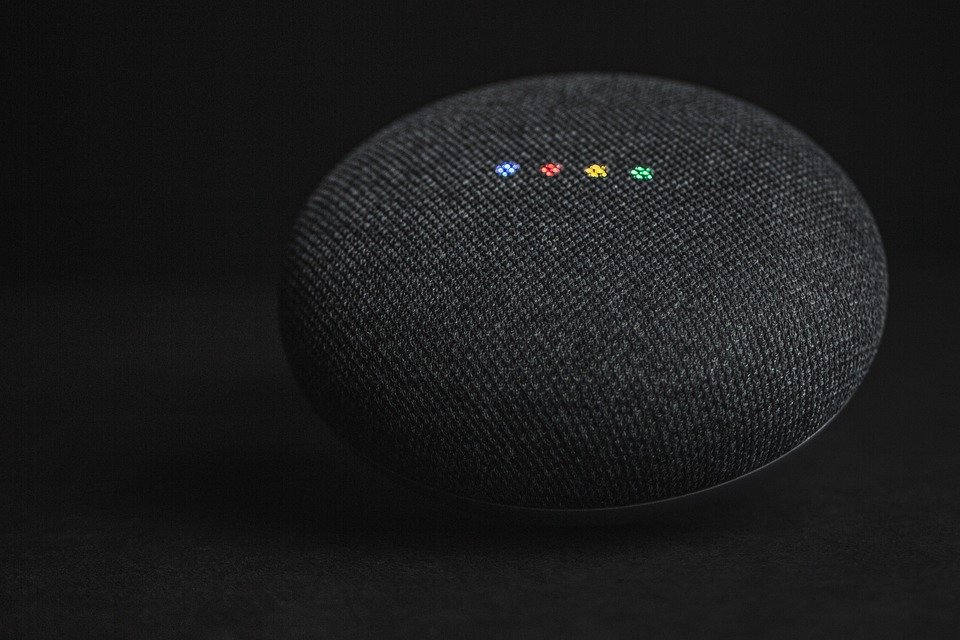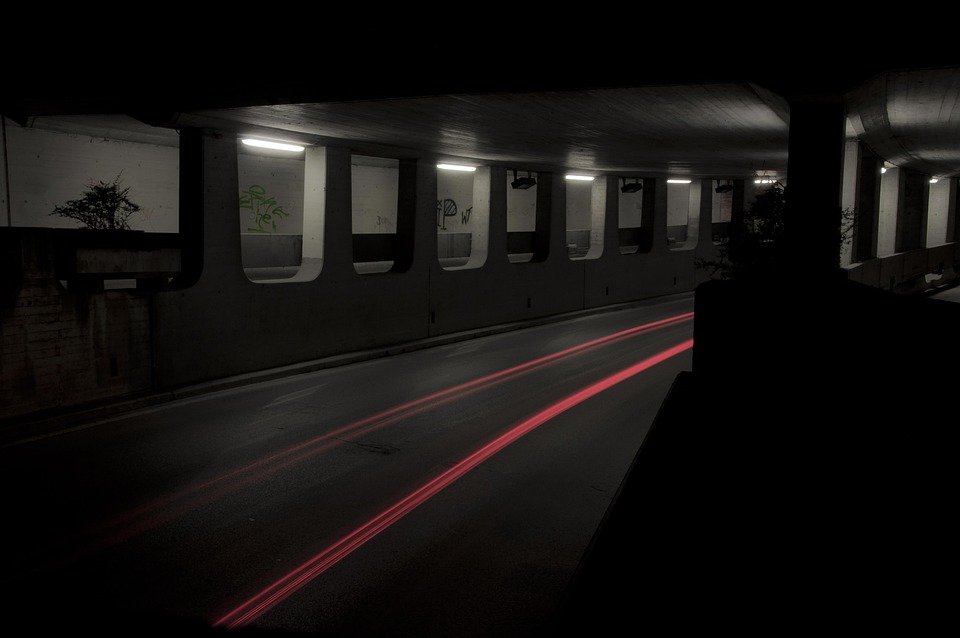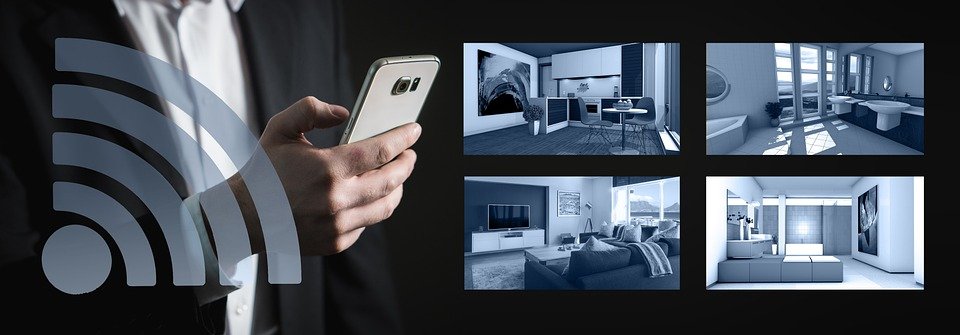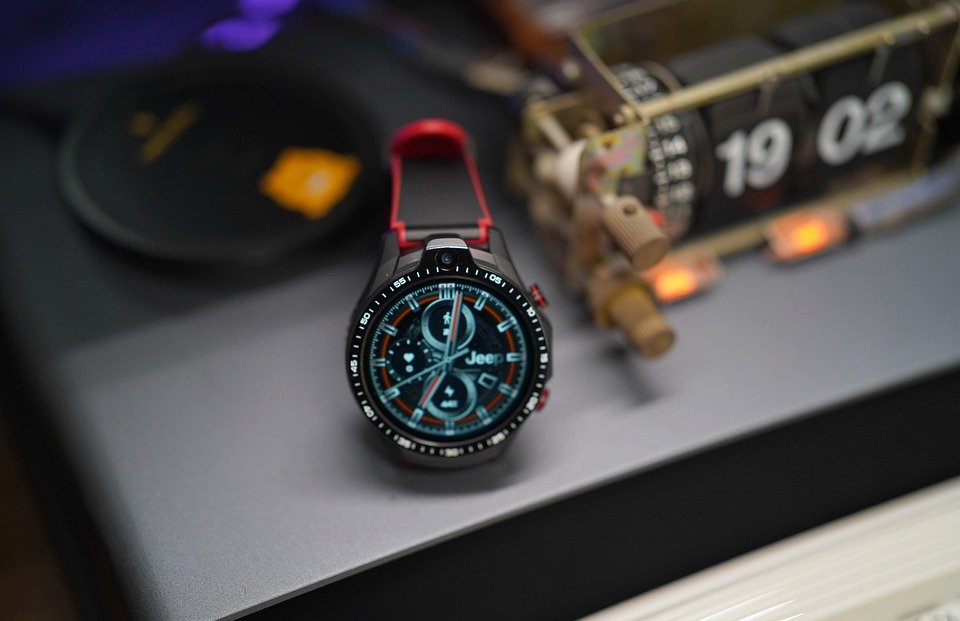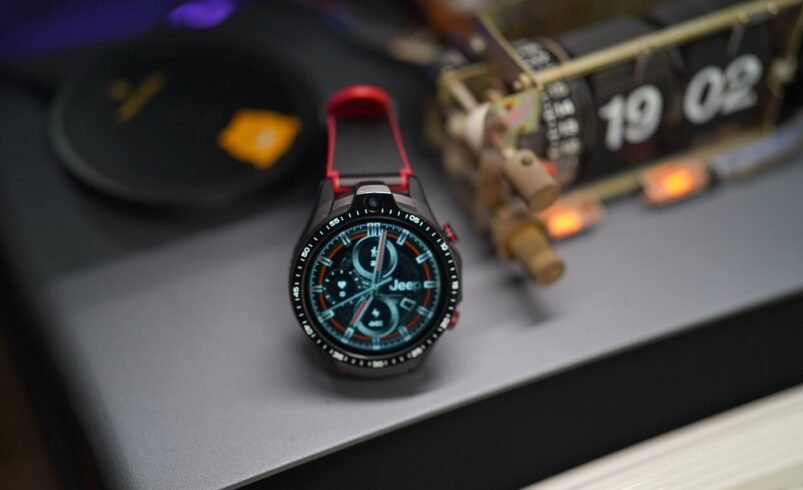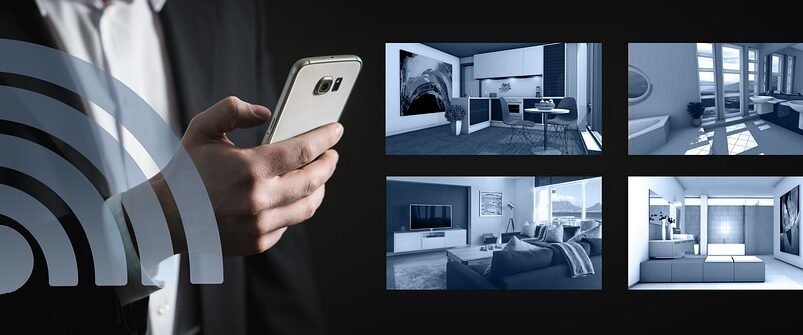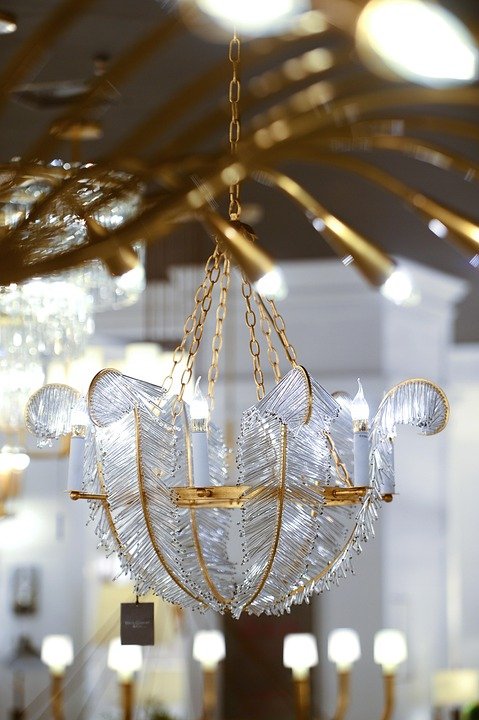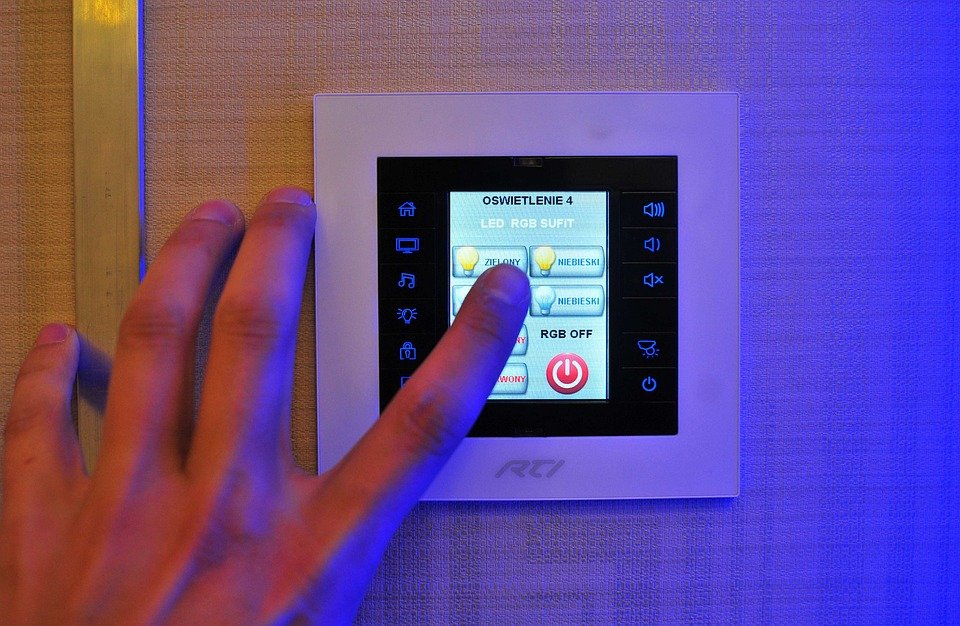Smart light bulbs have revolutionized home lighting by offering convenience, energy efficiency, and automation features. However, a common question many homeowners have is: Can smart bulbs be used in any fixture?
The answer is not always. While most smart bulbs are designed to fit standard light sockets (such as E26 in the U.S. or E27 in other regions), several factors determine compatibility. Below, we explore the key considerations before installing a smart bulb in your fixture.
1. Socket Compatibility
Smart bulbs typically come in standard base sizes:
- E26/E27 – Most common for lamps, ceiling lights, and track lighting.
- E12 (Candelabra) – Used in chandeliers and decorative fixtures.
- GU10 – Common for recessed and track lighting.
- Other specialty bases – Some fixtures (like appliances or ceiling fans) may require unique bulb types.
Always check the base type of your existing bulb before purchasing a smart replacement.
2. Fixture Enclosure – Open vs. Enclosed
Some smart bulbs, especially LEDs, may overheat in fully enclosed fixtures, reducing their lifespan or performance. Check the manufacturer’s guidelines to ensure your bulb is rated for enclosed spaces if needed.
3. Dimmability and Switch Compatibility
- Non-dimmable fixtures: Most smart bulbs have built-in dimming, but if your fixture has a hardwired dimmer switch, it may cause flickering. Use a standard switch or a smart-compatible dimmer.
- Smart dimming: For optimal control, pair bulbs with smart switches or voice assistants.
4. Voltage & Wattage Limits
- Ensure the bulb’s wattage does not exceed the fixture’s rating to prevent overheating.
- Most smart LEDs have low wattage (e.g., 9W replacing a 60W incandescent), but high-voltage or line-voltage fixtures (like those in commercial settings) may require specific bulbs.
5. Smart Bulb Features That Matter
If your fixture is in a hard-to-reach place, choose a bulb that:
- Works with a hub or Wi-Fi (so you can control it remotely)
- Has scheduled automation (eliminating manual switching)
Final Verdict
Most smart bulbs can be used in standard fixtures, but it’s essential to check:
✔ Socket size
✔ Enclosure rating
✔ Switch type
✔ Maximum wattage
If you’re unsure, consult the bulb manufacturer’s guidelines before installation. With the right match, smart bulbs can seamlessly upgrade your home lighting system!
Would you like recommendations for specific bulb types based on your fixture? Let me know!


